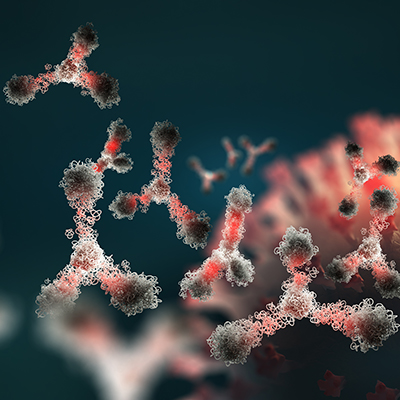January 12, 2021 -- Berkeley Lights has launched its Opto Plasma B Discovery 4.0 workflow for antibody discovery which can advance from B cells to lead molecules in one week.
According to the company, the workflow can screen up to 100,000 cells and functionally test cells with highly sensitive cell-based assays. The workflow captures reexpressed molecules without the need for gene synthesis and bacterial cloning and increases the possibilities of success to access hard-to-hit targets.
The workflow uses the company's OptoSeq barcoded B-cell receptors, heavy and light chain antibody genes can be sequenced by DNA fragmentation, next-generation sequencing, and/or bioinformatics analysis. The results from the workflow can be integrated on the Berkeley Lights system to further accelerate candidates to market with antibody engineering and cell line development.
Copyright © 2021 scienceboard.net








